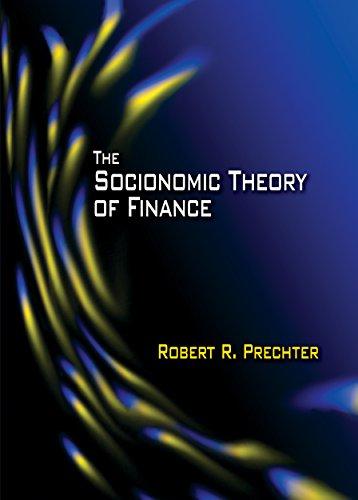

Consider a passive mutual fund, an active mutual fund, and a hedge fund. The mutual funds claim to deliver the following gross returns: passive fund before fees = pstock index pactive fund before fees = 2.20% + potock index + et The stock index has a volatility of var(wtock index) = 15%. The active mutual fund has a tracking error with a mean of El&t) = 0, a volatility of var(t) = 3.5%, cov(Et, pstock index) = 0 and its beta to the stock index is 1. The passive fund charges an annual fee of 0.10% and the active mutual fund charges a fee of 1.20%. The hedge fund uses the same strategy as the active mutual fund to identify "good" and "bad" stocks, but implements the strategy as a long-short hedge fund, applying 4 times leverage. The risk-free interest rate is rp= 1% and the financing spread is zero (meaning that borrowing and lending rates are equal). Therefore, the hedge fund's return before fees is rhedge fund before fees = 1% + 4 x (ractive fund before fees stock index ) Question: 1. What is the hedge fund's volatility? Answer: [ Select] %. 2. What is the hedge fund's beta? Answer: [ Select] . 3. What is the hedge fund's alpha before fees (based on the mutual fund's alpha estimate)? Answer: [Select] 9% 4. Suppose that an investor has $40 invested in the active fund and $60 in cash (measured in thousands, say). What investments in the passive fund, the hedge fund, and cash (i.e., the risk-free asset) would yield the same market exposure, same alpha, same volatility, and same exposure to et ? As a result, what is the fair management fee for the hedge fund in the sense that it would make the investor indifferent between the two allocations (assume that the hedge fund charges a zero performance fee)? Answer: The fair management fee is [ Select ] %. 5. If the hedge fund charges a management fee of 2%, what performance fee makes the expected fee the same as above? Ignore high water marks and ignore the fact that returns can be negative, but recall that performance fees are charged as a percentage of the (excess) return after management fees. Specifically, assume the performance fee is a fraction of the hedge fund's outperformance above the risk-free interest rate. Answer: The performance fee is [ Select] Consider a passive mutual fund, an active mutual fund, and a hedge fund. The mutual funds claim to deliver the following gross returns: passive fund before fees = pstock index pactive fund before fees = 2.20% + potock index + et The stock index has a volatility of var(wtock index) = 15%. The active mutual fund has a tracking error with a mean of El&t) = 0, a volatility of var(t) = 3.5%, cov(Et, pstock index) = 0 and its beta to the stock index is 1. The passive fund charges an annual fee of 0.10% and the active mutual fund charges a fee of 1.20%. The hedge fund uses the same strategy as the active mutual fund to identify "good" and "bad" stocks, but implements the strategy as a long-short hedge fund, applying 4 times leverage. The risk-free interest rate is rp= 1% and the financing spread is zero (meaning that borrowing and lending rates are equal). Therefore, the hedge fund's return before fees is rhedge fund before fees = 1% + 4 x (ractive fund before fees stock index ) Question: 1. What is the hedge fund's volatility? Answer: [ Select] %. 2. What is the hedge fund's beta? Answer: [ Select] . 3. What is the hedge fund's alpha before fees (based on the mutual fund's alpha estimate)? Answer: [Select] 9% 4. Suppose that an investor has $40 invested in the active fund and $60 in cash (measured in thousands, say). What investments in the passive fund, the hedge fund, and cash (i.e., the risk-free asset) would yield the same market exposure, same alpha, same volatility, and same exposure to et ? As a result, what is the fair management fee for the hedge fund in the sense that it would make the investor indifferent between the two allocations (assume that the hedge fund charges a zero performance fee)? Answer: The fair management fee is [ Select ] %. 5. If the hedge fund charges a management fee of 2%, what performance fee makes the expected fee the same as above? Ignore high water marks and ignore the fact that returns can be negative, but recall that performance fees are charged as a percentage of the (excess) return after management fees. Specifically, assume the performance fee is a fraction of the hedge fund's outperformance above the risk-free interest rate. Answer: The performance fee is [ Select]








